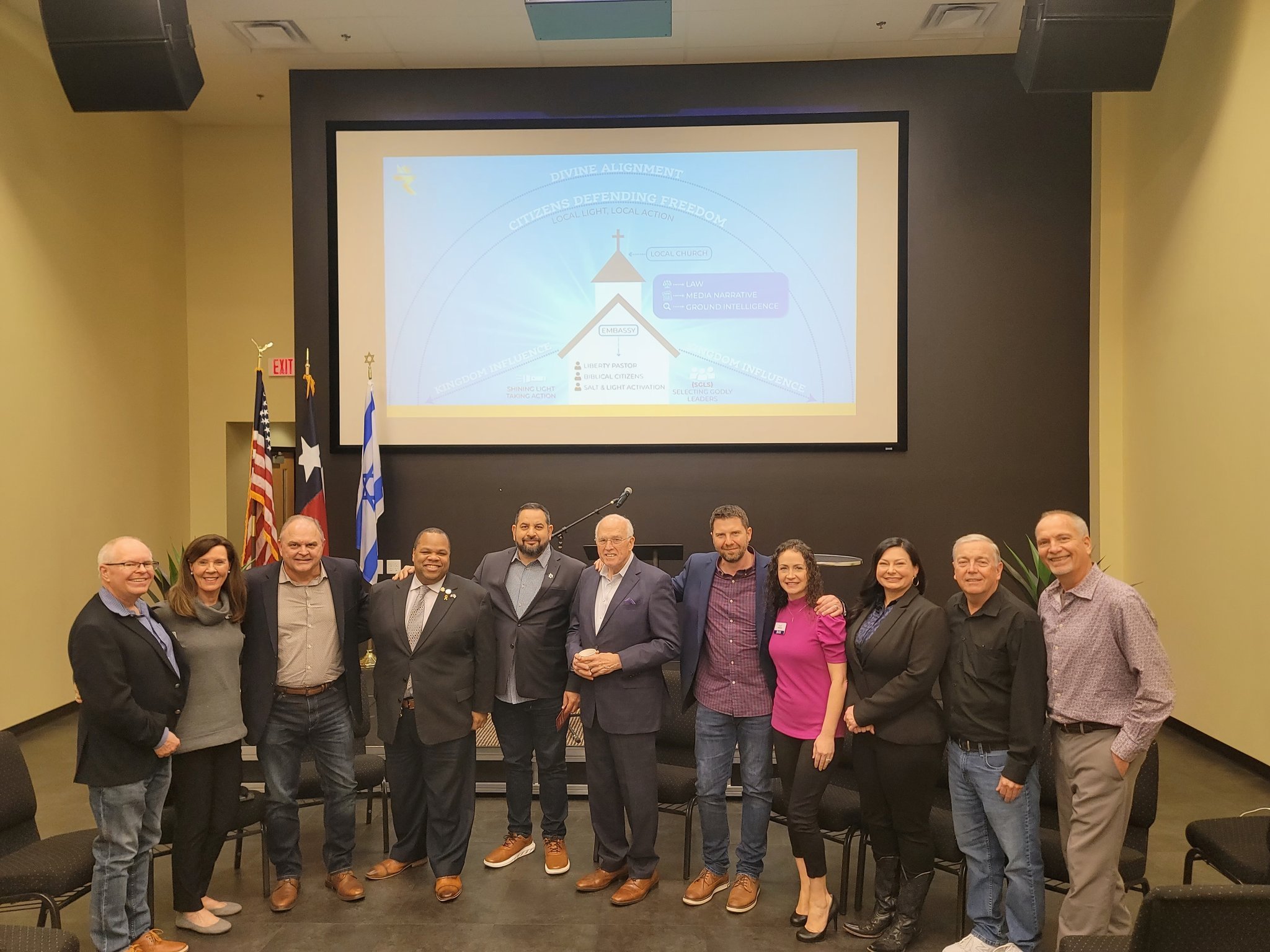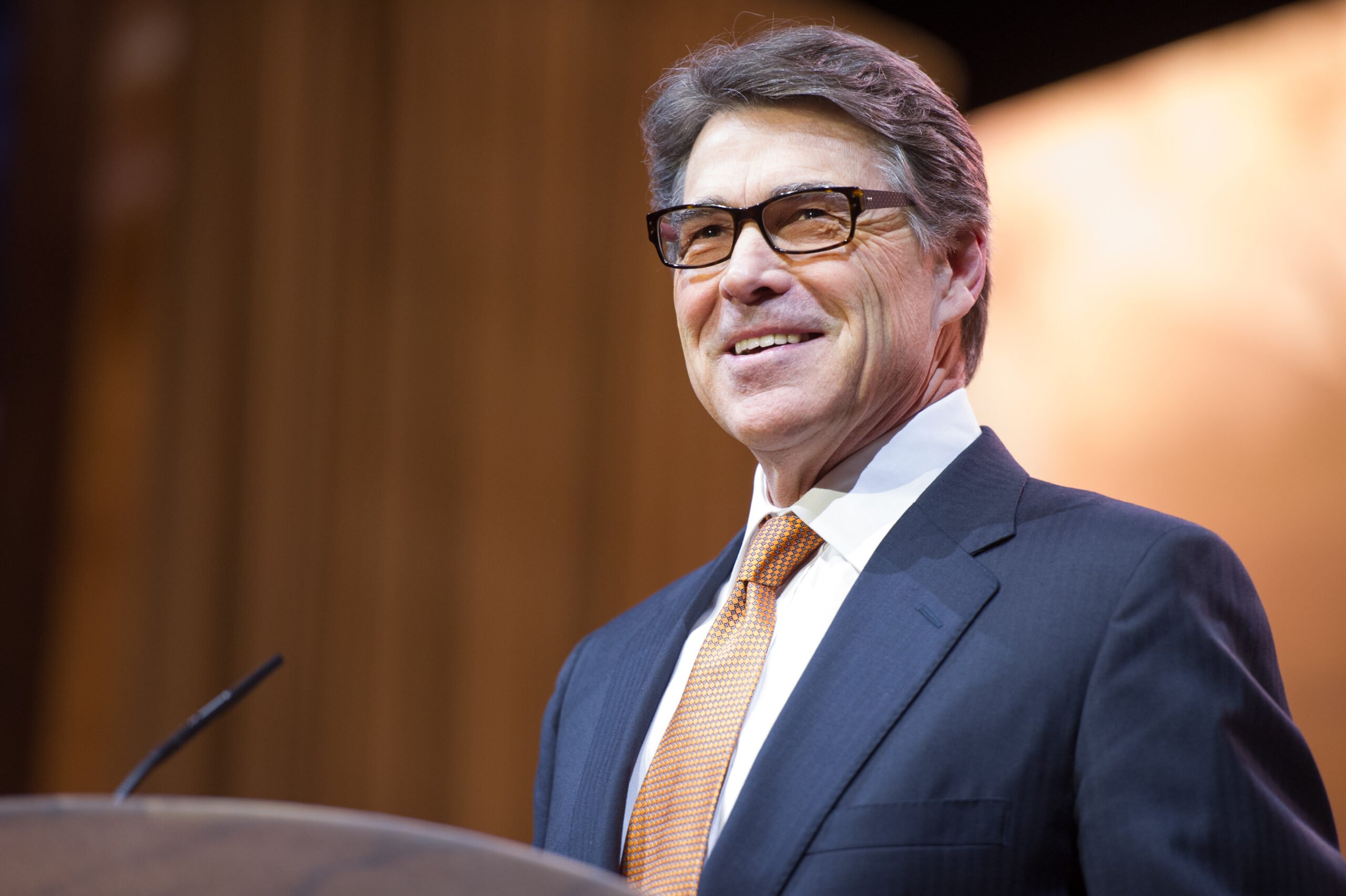ustxtxb_obs_1981_07_24_50_00006-00000_000.pdf
Page 1
their intransigence on disputed issues would not be further indulged. The Senate human resources committee had earlier chastised chief TMA lobbyist Greg Hooser, questioning him under oath about rumors that the TMA planned to “annihilate” Sen. Lloyd Doggett for opposing the bill and to place Lt. Gov. Bill Hobby on a “TMA hit list” for assigning the bill to an unfriendly committee. Hooser denied making the threats. Whether Clayton locked horns with the TMA to teach them a lesson or to affirm his commitment to the DPA issue, his influence kept the bill in House committee until so late in the session that a ‘rules suspension was required to bring it up on the House floor. When the Senate refused to go along with House amendments, Clayton broke precedent by appointing himself to the conference committee. Though the committee compromised on other disputed areas \(such as allowing patients access to their meditometrist issue. Though ultimately defeated by Clayton’s strongarm tactics, the Medical Practice Act generated criticism from a variety of sources. Among its more vocal opponents was the Health Freedom Council, a coalition of consumers and alternative health care providers, ranging from nutritionists to faith healers. The council testified in numbers before committees and during the final days of the session descended on the Capitol wearing badges that urged legislators to “Kill SB 315.” Because the bill stiffened penalties for practicing medicine without a license and strengthened the medical board’s authority to define what constitutes a medical act, the council saw it as consolidating a board monopoly over health care delivery. The group succeeded in getting the Senate to amend the bill twice, though their efforts to limit the definition of medical practice failed. One amendment affirms consumers’ rights to seek advice on self-care. The other appears to protect people who give nutritional advice from the charge of practicing medicine without a license, but Austin nutritionist Jim Heffley called the amendment “worse than nothing at all.” The amendment says that the Medical Practice Act would not prohibit any person from “providing nutritional advice or giving advice concerning proper nutrition.” In giving that advice, however, a person may not “undertake the prevention, treatment or cure of disease, pain, injury, deformity or physical or mental conditions. . . .” In Heffley’s view, this caveat defeats the purpose of the 6 JULY 24, 1981 amendment. “It is ludicrous to talk about nutrition counseling without talking about the prevention of disease,” Heffley said. A Ph.D. in biochemistry, Heffley was prosecuted for unlawful practice of medicine in 1977. The charges stemmed from a visit to his practice by an undercover agent sent by the Board of Medical Examiners. The jury, determining the diagnosis of a nutritional deficiency did not constitute the practice of medicine, acquitted Heffley. Senator Doggett also fought to alter the bill. He filibustered in vain to make all board funds subject to legislative appropriation, to strengthen procedures for disciplining incompetent doctors, and to expand the role of nurse practitioners. But the Medical Practice Act withstood the onslaught, faltering only on the osteopath and optometrist issues. Had redistricting not made a special session inevitable, the bill might have Austin The most important issue in the Medical Practice Act dispute is no longer in the newspapers as the measure advances rapidly toward law. Sen. Lloyd Doggett, Austin, tried mightily in the regular session, but with little support, to win authorization for nurses to perform delegated medical duties under a physician’s supervision and at the physician’s discretion. This sounds routine, but would have greatly expanded the ability of nurses to provide elementary medical care to people who are too poor or too far from cities to get adequate medical care now. While much of Doggett’s rhetoric was formed by the anti-TMA situation in which he found himself, he made it clear to the Senate that what he was talking about was more adequate medical care for people who can’t afford doctors. Again and again he referred to the fact that 185 out of the 254 counties in Texas have been documented to be “medically underserved.” But he had so little support for this or any other extension of other-than-anM.D.’s services to persons in need of medical care, it made no sense for him to survived the session. As it is, testimony, debate, and negotiations have begun af resh, and all sides sound conciliatory. The osteopaths and TMA have agreed on language protecting osteopaths from discrimination at hospitals solely because they are osteopaths. TMA lobbyist Kim Ross describes meetings with Clayton as “very productive.” Senate human resources committee chairman Chet Brooks of Pasadena, whose committee handled the bill, says he thinks the optometry question will be resolved with a compromise, proposed in conference committee, that would allow optometrists to use DPA’s under a physician’s standing orders, with the Board of Medical Examiners and the Optometry Board exercising joint control. As if to warn negotiators that a second defeat for the bill is not impossible, though, Clayton has prepared a bill that would extend currently licensed physicians’ authority to practice medicine beyond the September 1 Sunset deadline.0 renew the fight in the special session other than symbolically, and he has not. Thus, the debate has focused down on such points of issue as whether optometrists can use eye-drops. Doggett did rise in the Senate last week, to enter his objections for the record. The bill did not address the lack of competition in health care, he said. Optometrists should be let use diagnostic drugs, as they are in 28 states; the role of nurses should be expanded “Texans are being denied health care in many parts of the state because of the fear of competition of the TMA to let nurses operate” within the realm of their qualifications; and third, he said, local medical associations and hospital peer-review committees should be required to forward information bearing on a physician’s fitness to the Board of Medical Examiners, which the bill as passed by the Senate did not require. Speaker Bill Clayton’s “water trust plan” is a modified thing now, but would still commit half a billion dollars of the state’s credit to guarantee the repayment of supposedly selfliquidating local water-project bonds and would withdraw all the state’s The Special Session Doctors, $500,000,000, Property Tax, Congress


